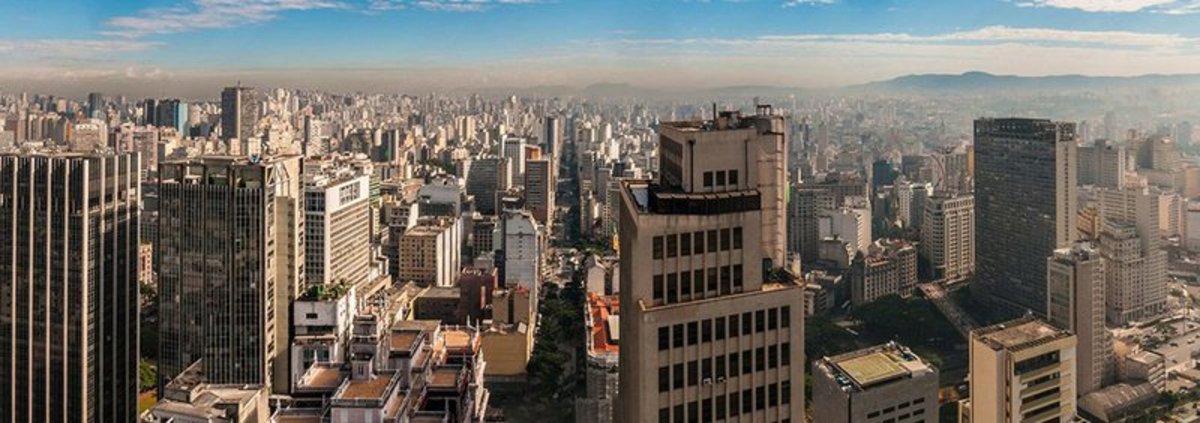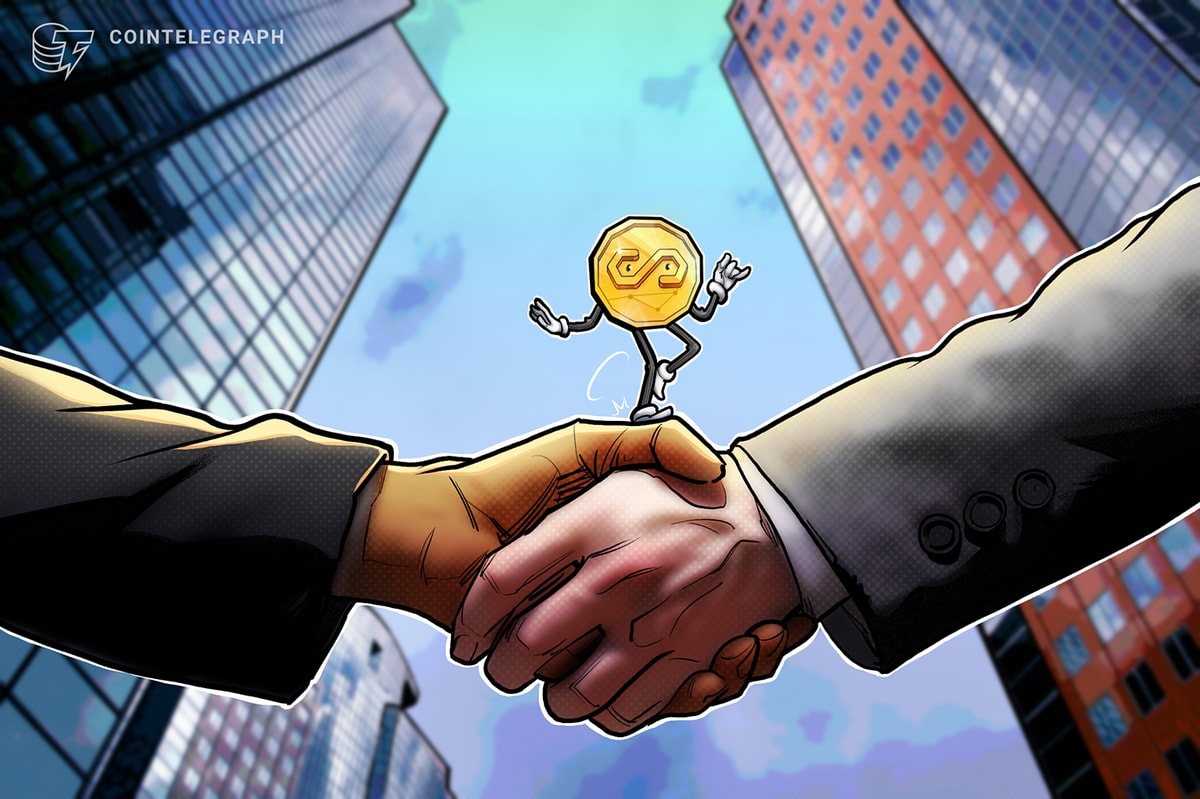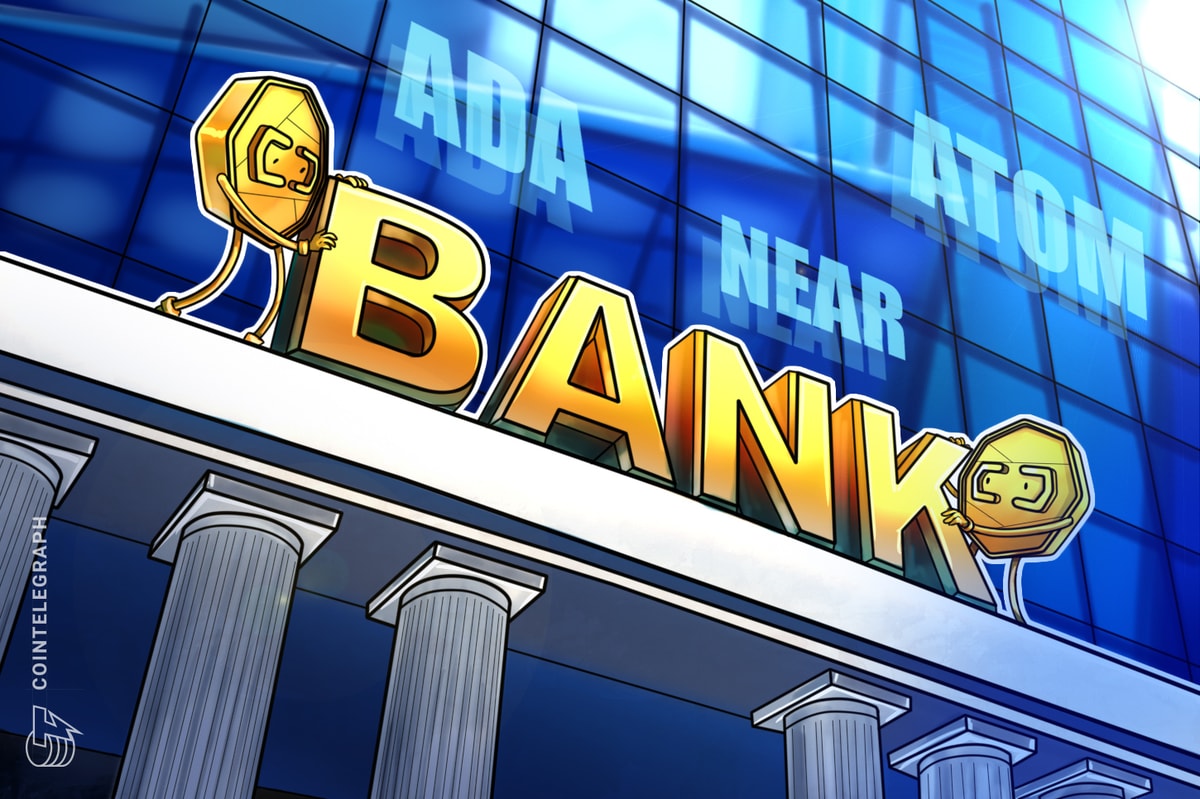
Is the high inflation rate of 9.6 percent the reason people are turning to Bitcoin in Brazil?
The simple answer is no.
Recent statistics and infographics published by global bitcoin payment processor BitPay revealed that the volume of bitcoin transactions in Latin America has increased by 120 percent, and almost doubled in quarterly transactions. Many analysts suspected that the high inflation rate and unstable economy of Argentina and Brazil have caused a surge of growth in Latin America’s bitcoin industry.
While this may be true for Argentina, a country where the majority of the population is willing to pay 20 percent above international rates to obtain U.S. dollars and suffer from annual inflation rate which currently stands at 28.2 percent, the increase of inflation rate and bitcoin growth in Brazil is entirely coincidental, says Daniel Novy, the founder of Brazilian bitcoin exchange, BaseBit.
“When inflation is high, everyone buys government bonds,” Novy told Bitcoin Magazine. “They are offering about 14 percent a year. It’s a very good deal comparable to the most profitable hedge funds you can find in America. It doesn’t make much sense to use bitcoin to protect yourself against a 9.6 percent inflation per year when the bitcoin volatility is about 50-plus percent per year. I mean, you don’t use a more volatile asset to protect yourself against a less volatile one. And having the option to protect yourself using government bonds, which offers a premium over the inflation, makes the use of bitcoin less attractive yet.”
Many industry analysts began to suspect that the growth of Bitcoin and the surge of bitcoin transactions in Brazil is caused by the country’s 12-year high inflation rate, which currently stands at 9.56 percent.
Increase in Merchants
Regardless of the inflation and the decline of Brazil’s economy, the number of bitcoin merchants has increased significantly over the last few months. Novy toldBitcoin Magazine that the number of bitcoin merchants in the e-commerce industry has increased, “but it’s definitely not related to inflation. … Bitcoin has a bad reputation here, but anyway the merchants are definitely being more opened to it.”
He added, “The bad reputation is mostly due to the bad news that arrives here. Like bitcoin being used by money laundering, kidnapping with rescue paid in bitcoin, exchanges closing their doors and running away with bitcoins from its clients, things like that. Whenever bitcoin is on the newspaper, [it] is for a bad reason. The path to remove this bad reputation from it, in my opinion, is to have more magazines and newspapers showing to the general public the advantages of … bitcoin.”
According to recent report released by bitValor.com, monthly bitcoin transaction volume in at all bitcoin exchanges in Brazil stood at 10,000 BTC, around $2.8 million USD.
Despite the high monthly bitcoin volume in Brazil, Novy explained that not a lot of people in Brazil are aware of bitcoin. The more serious problem, he says, is the lack of investment and capital for Bitcoin startups, and the overall environment of the country which is not exactly friendly to Bitcoin/digital currency startups. According to BM&F BOVESPA Bank “operation of organized securities markets and custody and settlement systems require prior authorization of the CVM and the Central Bank.”
“As an example, my wife participated recently in a seminar for entrepreneurs and on one, again: no one knew about Bitcoin!” Novy said. “That’s kind of unbelievable, but that’s Brazil… new technologies take really long to get to the mainstream here. I see a lot of reasons for that but the principals are: a) complete lack of seed capital and venture capitalists. If you can receive 14 percent per year return doing… nothing, it doesn’t make sense to risk your money! b) lack of incentives from government for startups.”
This article has been updated to show that BaseBit is not the largest Bitcoin exchange in Brazil.










